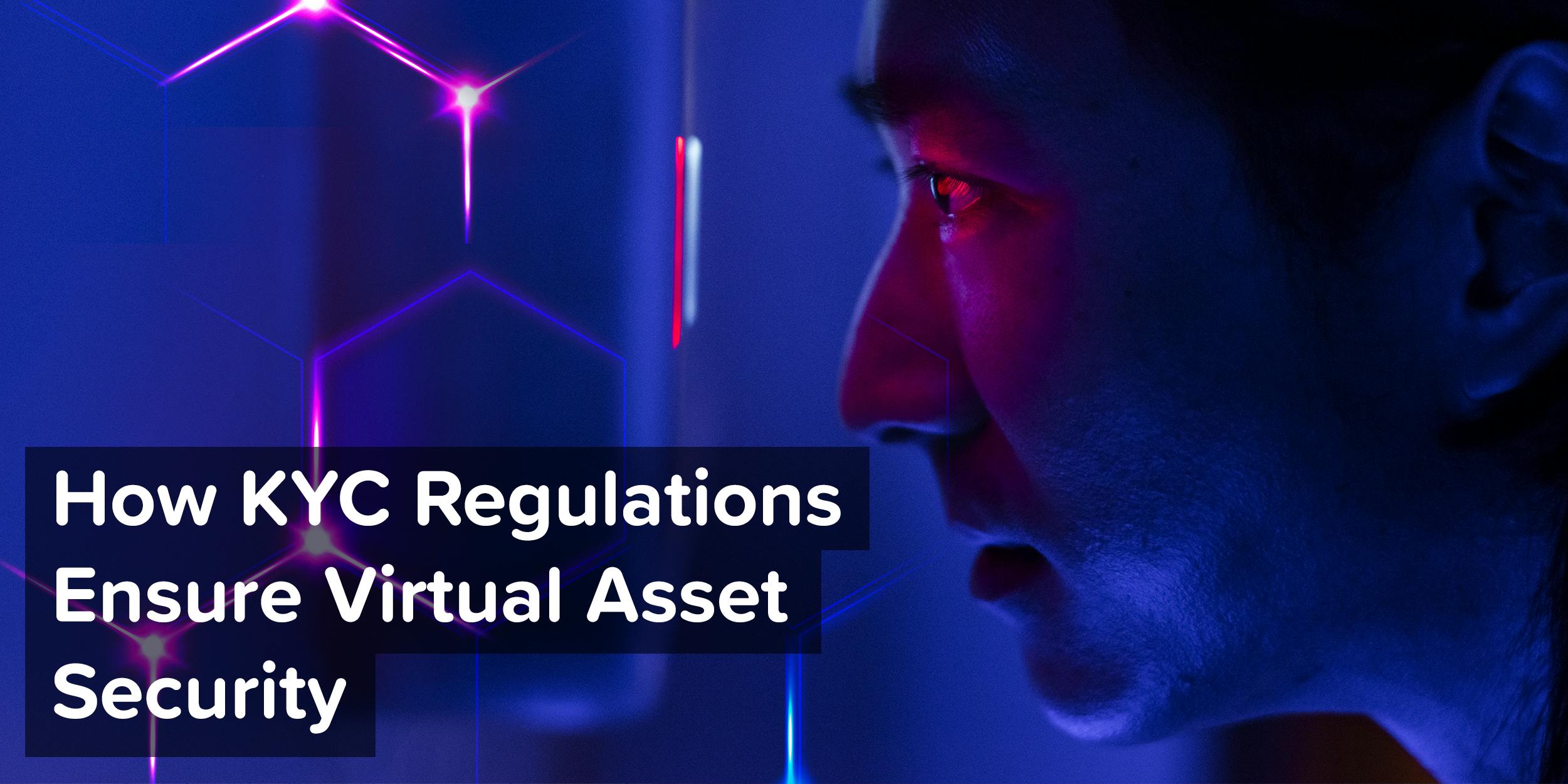How KYC Regulations Ensure Virtual Asset Security

- Date
- 13/12/2022
- Written by
- Lykke
- Share
- Leave your opinion (0 reviews)
December 13th, 2022. Since its creation, the internet has experienced a dramatic increase in usage decade after decade. This growth has opened up opportunities for businesses and individuals to conduct transactions electronically, traditionally thought of as exclusively done in person. The introduction of virtual assets such as cryptocurrencies has increased the efficiency of these transactions even further.
However, with the rise of virtual assets comes the need to ensure security and compliance. Since peer-to-peer (P2P) transactions are common with virtual assets, the need for an individual to verify the identity of another individual is a must. But the need to hire somebody to verify the identity of each person involved in a transaction is not feasible and impractical. That's why many prefer free background check platforms to verify the identity of somebody involved in a transaction.
Meanwhile, governments worldwide are looking at implementing KYC (Know Your Customer) regulations to add another level of security and trust.
What Is KYC?
KYC is a process where companies such as exchanges and banks verify the identity of their customers and ensure that they are not involved in any malicious activities. This process is typically done by verifying a customer's full name, address, and other personal details, such as date of birth. The goal is to ensure that the customer is who they say they are and that they are not involved in any malicious activity.
What Are Virtual Assets?
Virtual assets, commonly referred to as cryptocurrencies (such as Bitcoin), are digital currencies created on a decentralized ledger system. They offer an easy and cost-effective way to send money or make payments online. Since it's a decentralized system, no central authority or governing body controls the currency. That's why in its early days, it's really hard to identify how many people are using it, who they are and what their motives are. Not until the implementation of KYC.
It's estimated that 106 million people own Bitcoin. Even if this number does not reflect the entire population of virtual asset holders, as some might own accounts across multiple platforms, it's still a great number to illustrate the need for security and compliance.
The KYC Regulations
KYC regulations are put in place to ensure that virtual asset holders are who they say they are and that they will not use their funds for any illegal activities. As such, all exchanges, wallets, and other services must adhere to KYC regulations, making sure that they properly identify each user before allowing them to make any transactions.
What Do KYC Regulations Do?
KYC regulations are designed to protect businesses and customers by verifying the identity of those involved in a transaction. It helps ensure that customers are not using virtual assets for illegal activities such as money laundering and terrorism financing while also protecting businesses from any liability associated with these activities. In addition to verifying the identity of users, KYC regulations also require companies to keep records of all transactions made on their platforms.
How Do KYC Regulations Enhance Virtual Asset Security?
Since cryptocurrency offers a decentralized, peer-to-peer system not governed by any single authority, no centralized authority or government is overseeing its use. This makes it an ideal target for criminals, as they can use it to conduct illegal activities without being detected. However, with KYC regulations in place, it's much harder for criminals to use virtual assets for illegal activities.
- By verifying the identity of customers and keeping records of all transactions, KYC regulations make it much harder for criminals to use virtual assets for illegal activities. Because their identities are known, criminals can no longer hide in the shadows and are more likely to be caught if they try to use virtual assets for any illegal activities.
- By requiring companies to keep track of all activity on their platform, KYC regulations help ensure that any suspicious activity can be quickly identified and investigated. Doing so helps to reduce the risk of fraud or money laundering, as companies can identify and stop any suspicious activity as soon as it is noticed.
- By creating a more secure environment for virtual asset transactions, KYC regulations help to build trust and confidence in the virtual asset industry, which in turn helps to promote its growth.
As you see, KYC regulations play an important role in ensuring the security of virtual asset transactions.
Conclusion
KYC regulations ensure that only legitimate users can access virtual assets, thus reducing the chances of fraud and other malicious activities. With KYC in place, businesses can remain in compliance with government regulations while providing their customers with enhanced security. Businesses can create a safe and secure virtual asset network that benefits all parties involved by taking the necessary steps to ensure compliance with KYC regulations. This way, companies can boost customer trust and develop a more secure and compliant virtual asset system.